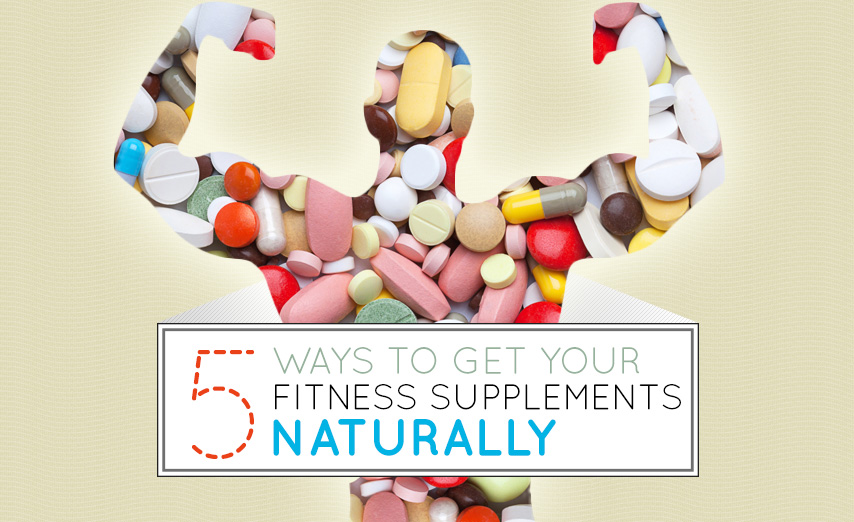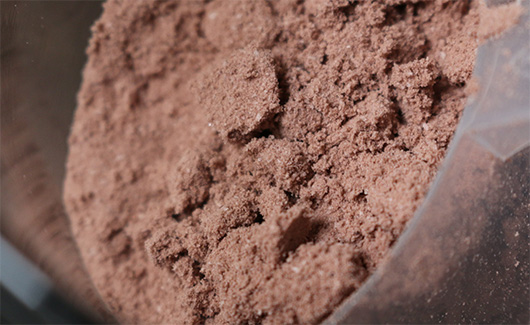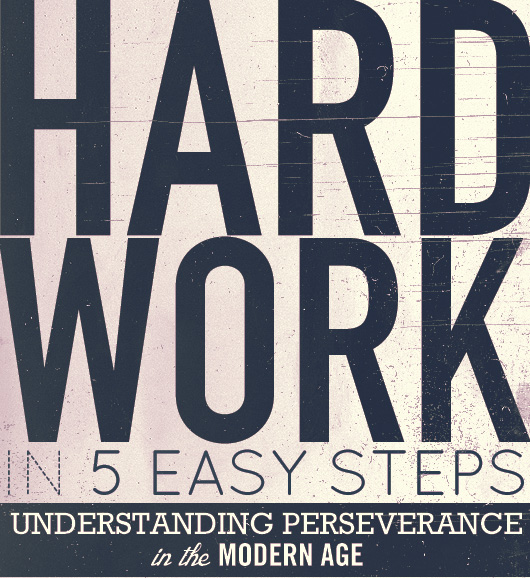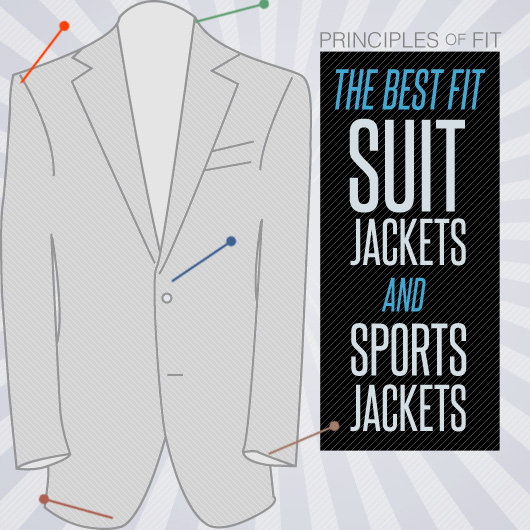The supplement industry is a thriving multi-million dollar business with massive marketing machines churning out the next best thing in hopes to increase the bottom line. Year after year new powders, pills and potions are concocted to get you to let go of your hard-earned cash promising you unbelievable gains (or losses).
Now, some supplements have their merit. Creatine, fish and krill oil and vitamin D-3 come to mind as legitimate, clinically-proven front runners. But are you in need of a trip to your local supplement store leaving with a thinner wallet and more questions than when you went in? Are supplements the only way to get what you need or can you find whole food options to save you the trip?
With a balanced, comprehensive diet, you don’t really require supplements in your daily eating habits, but with our busy life surrounded by stress, poor eating habits and a simple lack of knowledge, many turn to supplements to shore-up the proverbial holes in their nutrition not to mention workout goals.
Hopefully the list below will shed a little light on how you can get some of the more common supplements naturally through whole foods, save a little cash and balance your diet along the way.
1. Omega-3 fatty acids
One of the most talked about supplements of late has been omega-3 fatty acids specifically in the forms of fish and krill oil. With benefits to the heart, blood vessels, inflammation and metabolism omega-3s are not only best sellers in the marketplace but are also backed up by real science. They are recommended by both nutritionists to improve weight loss and performance and the medical community for better overall health.
If the large pills of fish oil aren’t your thing then getting the same benefits through whole food is just as good. Fatty fish such as salmon, trout and tuna include a significant amount of heart-healthy omega-3 fatty acids as well as walnuts and avocado.
2. Post-workout fast-acting protein
It’s important to get in protein after a grueling workout and the number one spot has been occupied by whey protein for good reason. As the go-to protein source, whey protein powders and meal replacement drinks absorb quickly delivering much needed amino acids to starving muscle tissue. The faster the delivery, the faster the recovery process can start up, increasing protein synthesis.
Relying on too much protein powder does have its downside as well. Fast-acting whole food protein sources will also provide you with a myriad of vitamins, minerals and other vital nutrients not found in whey protein powder. Good sources include egg whites, low fat fish such as tilapia and skim milk.
3. Slow-released protein
Another popular supplement for slowly metabolized protein is casein. Casein has gained significant ground in the marketplace for its gradual digestive properties providing your muscles with a steady flow of amino acids. Long spans of time without food and nighttime feedings are the ideal times to drink down a casein shake.
Much like whey powder, casein is yet another supplement on your shopping list. Adding more supplements and less whole foods to your daily diet can get a bit daunting and seemingly artificial-like. Finding casein in whole food form isn’t that difficult. Excellent sources include low-fat and fat-free cottage cheeses and Greek yogurt. Both are packed with complete and steadily released amino acids to aid in muscle recovery for the long haul.
4. Pre-workout caffeine boost
Next to creatine monohydrate, nothing has more buzz (pun intended) surrounding it than pre-workout energy drinks. Loaded with caffeine and other energy triggers energy drinks are more common than texting between sets. Gym-goers swear by them and manufacturers keep churning new flavors, formulas and claims cashing in on your need to get fired-up before the training ahead.
Of course, the first food to come to mind regarding caffeine would be coffee, but there are other factors involved making it not only an alternative to the energy monsters but possibly a superior choice regarding its other benefits. Coffee (and we can include green tea as well) has heart health benefits, specific protective abilities to diseases and contains key antioxidants and other vitamins and minerals.
5. Fiber supplements
One essential requirement of a protein-rich diet is an adequate fiber intake to help assimilate and digest all those muscle-building grams properly. Staying “regular” and absorbing nutrients effectively will only aid you on the road to your ultimate goal. Many resort to a fiber supplement to help with deficiencies in their whole food diet.
What about the advantages of getting your fiber through real food? What about all of the vitamins, minerals and other essential phytochemicals found in whole food that just can’t be accomplished with a powder. Not only will you be getting a better source of fiber, you will also be balancing your diet with nutritious whole food in the meantime. Great sources include beans, veggies, oatmeal and other 100% whole grains, most fruits and fiber fortified foods.
It’s not all bad
Don’t take this as a supplement bashing piece warning you of all the evils of the big, bad supplement industry. There are a handful that are worth your cash, but it is nice to know that you can find other, more practical means of getting what you need to fuel those intense workouts and possibly live a little better at the same time.


















